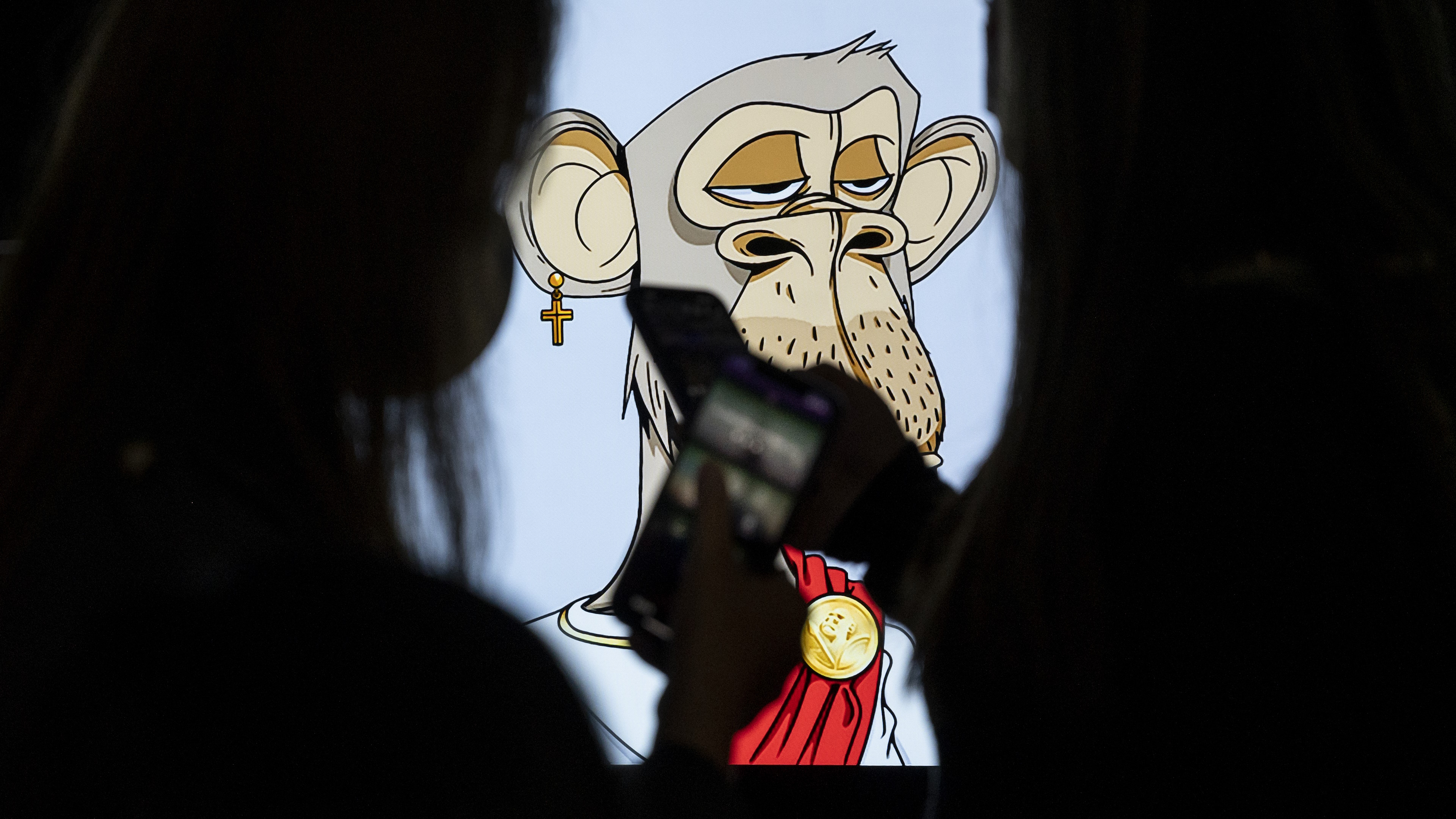NFTs are so dead, even Elon Musk has dropped them: NFT avatars on Twitter are gone
Two years after they were implemented, the much-derided user pics have been quietly removed.

Two years after Twitter introduced hexagonal NFT avatars, they're gone: As reported by TechCrunch and confirmed by numerous users, the social media platform has quietly dropped the feature, and reverted all existing NFT avatars to standard ones.
NFT avatars on Twitter (now officially known as X, but we're not calling it that) debuted in January 2022 as an option for Twitter Blue subscribers, who were given the option of linking their Twitter accounts to their crypto wallets. To distinguish NFT avatars from the functionally identical JPGs the rest of us use, they were also given hexagonal frames. Twitter was one of the only mainstream platforms to adopt NFTs, and its move to integrate them was a moment of validation for those on the internet who were chasing this trend.
The removal of NFT avatar support came without warning: References to it were simply scrubbed from the Twitter Premium support page. Via the Wayback Machine, here's what it said in October 2023:
NFT Profile Pictures: We're adding NFTs as one of several ways to customize your profile so you can show off the NFTs you own in a hex-shaped profile picture on your account. After a temporary connection to your crypto wallet that allows you to set up an NFT as your profile picture, your digital asset displays in a special hexagon shape that identifies you as the owner of that NFT.
The TechCrunch report said the hexagonal NFT avatar frames were initially still in place after the change, but according to the nftnow Twitter account, they have since been removed.
The response to the change from NFT boosters is about what you'd expect: Surprise, disappointment, confusion, and some faint hope from committed optimists that it merely means Twitter owner Elon Musk has plans for a different and 'better' system. If so, he hasn't offered any hints as to what it might be: There's been no public comment from Musk or Twitter about why NFT avatar support was dropped.
It might be something as simple as NFT fatigue. Despite years of effort, NFTs have yet to gain any sort of mainstream traction, and while the NFT market showed some small signs of life following the massive crash in 2023 that rendered many of them worthless, the floor price—the lowest price of an NFT in a collection—of the Bored Ape Yacht Club seems to be tailing off yet again, and is still nowhere near the lofty heights of valuation it reached in mid-2022.
The biggest gaming news, reviews and hardware deals
Keep up to date with the most important stories and the best deals, as picked by the PC Gamer team.
There's also the possibility that Twitter is looking to avoid potential future headaches. Lawsuits against celebrities who flogged various NFT collections, including Paris Hilton, Justin Bieber, and Ronaldo, continue to pile up, while the US Securities and Exchange Commission may also be looking to tighten up NFT regulation: In September 2023, it charged the creator of the Stoner Cats NFTs with "conducting an unregistered offering of crypto asset securities."
For now, we're left to guess: I reached out to Twitter for more information and got the standard "Busy now, please check back later" auto-reply (hey, at least it's better than the poop emoji). Whatever the reason, I'd call it the first smart move Twitter has made in a very long time: I don't think there was ever any real expectation that paying for avatars would gain widespread acceptance, but I also didn't think that horse armor would evolve into a billion-dollar money-maker for the game industry. In that light, I'm glad to see this whole idea put down once and for all.

Andy has been gaming on PCs from the very beginning, starting as a youngster with text adventures and primitive action games on a cassette-based TRS80. From there he graduated to the glory days of Sierra Online adventures and Microprose sims, ran a local BBS, learned how to build PCs, and developed a longstanding love of RPGs, immersive sims, and shooters. He began writing videogame news in 2007 for The Escapist and somehow managed to avoid getting fired until 2014, when he joined the storied ranks of PC Gamer. He covers all aspects of the industry, from new game announcements and patch notes to legal disputes, Twitch beefs, esports, and Henry Cavill. Lots of Henry Cavill.

